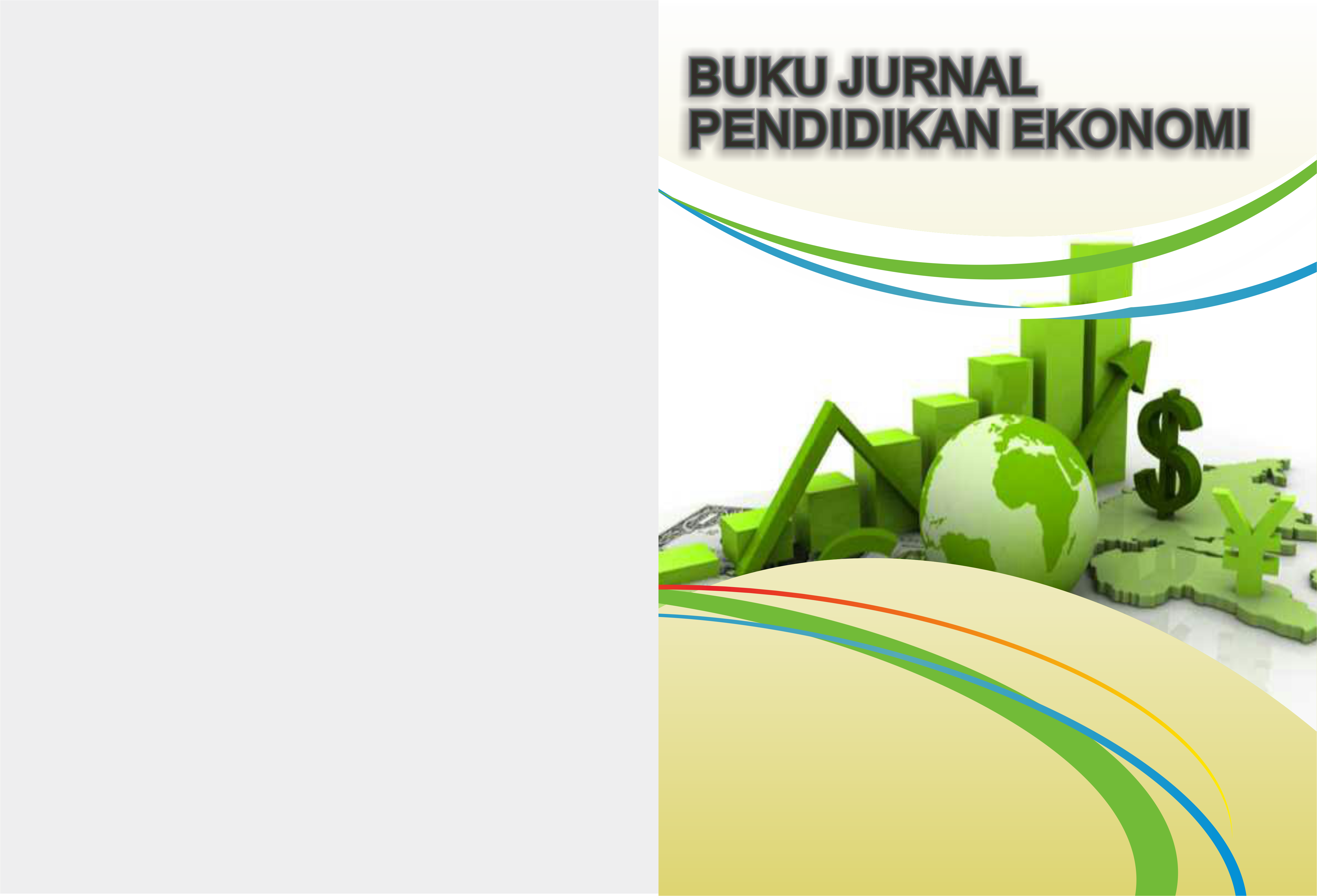PENGGUNAAN E-LEARNING SEBAGAI MEDIA PEMBELAJARAN
Abstract
Form of information technology that can be used as a media learning is to use e-learning. E-learning is innovation that would is used in learning, not only for learning material but also a change in the various competence students. Components form e-learning is e-learning infrastructure, the system and application e-learning and content e-learning. E-learning benefits for the world general education, namely: (1) flexibility place and time, (2) independent learning, (3) costs, (4) flexibility speed learning, (5) standardization teaching, (6) the effectiveness of teaching, (7) speed distribution, (8) on-demand availability, e-learning can be accessedd at any moment, (9) automation the process of administration. The strategy of e-learning are to support the implementation of a learning process, expected to improve absorption capacity from school tuition over the materials given, increase active participation from school tuition, improve the ability of independent study school tuition, material improve the quality of education and training, improve the ability of the displays information with a device information technology, expand the teaching and learning process by the use of the internet, not just limited to space and time. The e-learning involving four first is analysis, planning, implementation and evaluation. Conclusions from the discussion is information technology and telecommunications cheap and easily would eliminate the cap time and space been limit education world. Some logical consequence occurring include (1) students can easily take the material learning anywhere without limited in scope the place and time; (2) students can easily learning and discuss with the experts at things that they are interested in; (3) the material of learning even can easily taken in every corner of the world without depending on where students learn. But that opportunities was still face the challenges in costs aspect, the readiness of infrastructure information technology, the community, and regulations support for the e-learning. Education world in Indonesia has undergo development significant. The development is visible from more and learning diversity of method used. Methods used often utilized various media to improve the quality of lessons. The development of various media learning this along with the technological progress rapidly. The dynamics of this technology will reach remarkable acceleration. The technology that have learned from few years a go now starts replaced with the new various technology including the conventional learning ways. The form of information technology that can be used as a media learning is named e-learning. E-learning is innovation that can be used in learning process, not only for learning material but also a change in the various competence students. Through e-learning, learners not only listen to the discussion material from educator but also active in observing, do, demos, and so on. The material of learning can be virtualizatied in a variety of formats so it could more interesting and more dynamic in order to motivate students in learning. The utilization of technology telecommunications to learning activities college in Indonesia has conducive with the enactment of minister decree the ministry of national education (sk minister) 2001 that encourage college conventional to implement distance learning (dual mode). To a climate this favorable, some colleges has done many preparations, as the assignment lecturers to (a) follow training about the development of material electronic text, (b) identifying various platforms learning electronic that available , and (c) experiment about the use of platform learning electronic certain to present matter lecture.
Downloads
Download data is not yet available.
Downloads
Published
2016-11-28
Issue
Section
Articles
License

This work is licensed under a Creative Commons Attribution-ShareAlike 2.0 Generic License.







